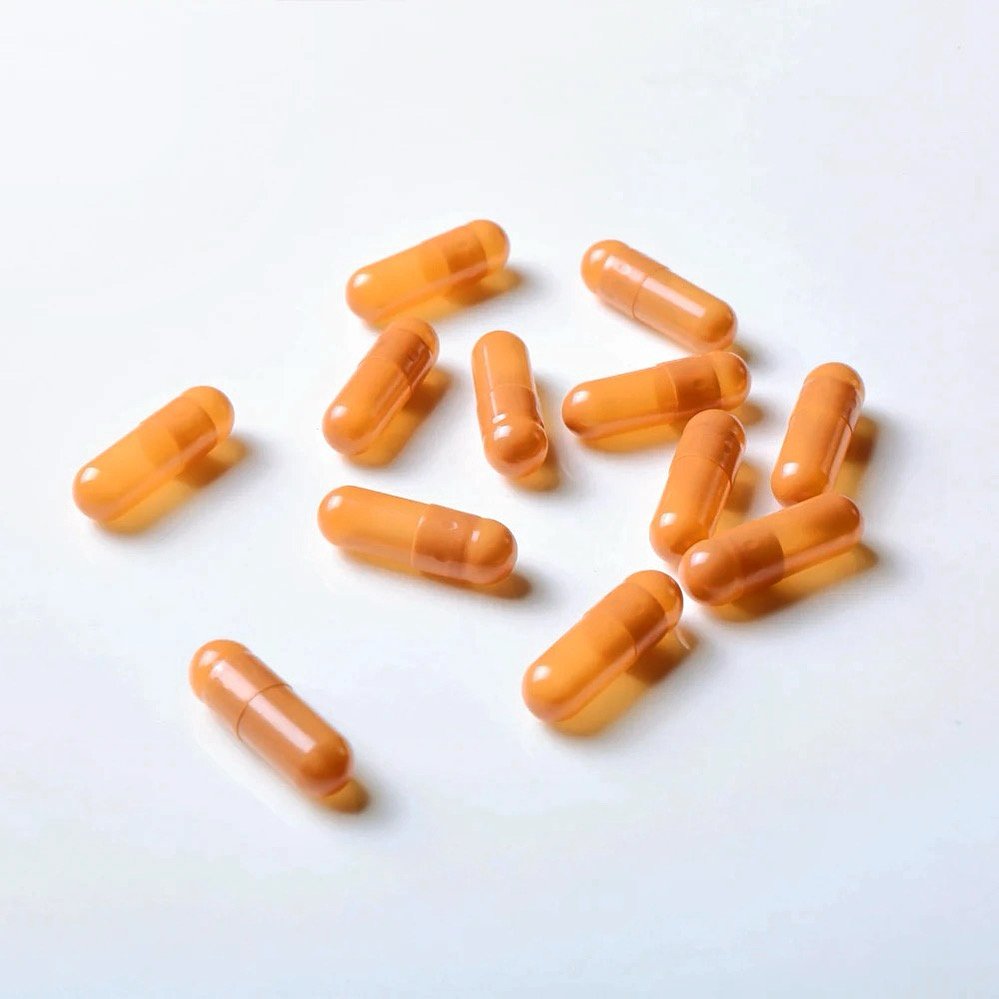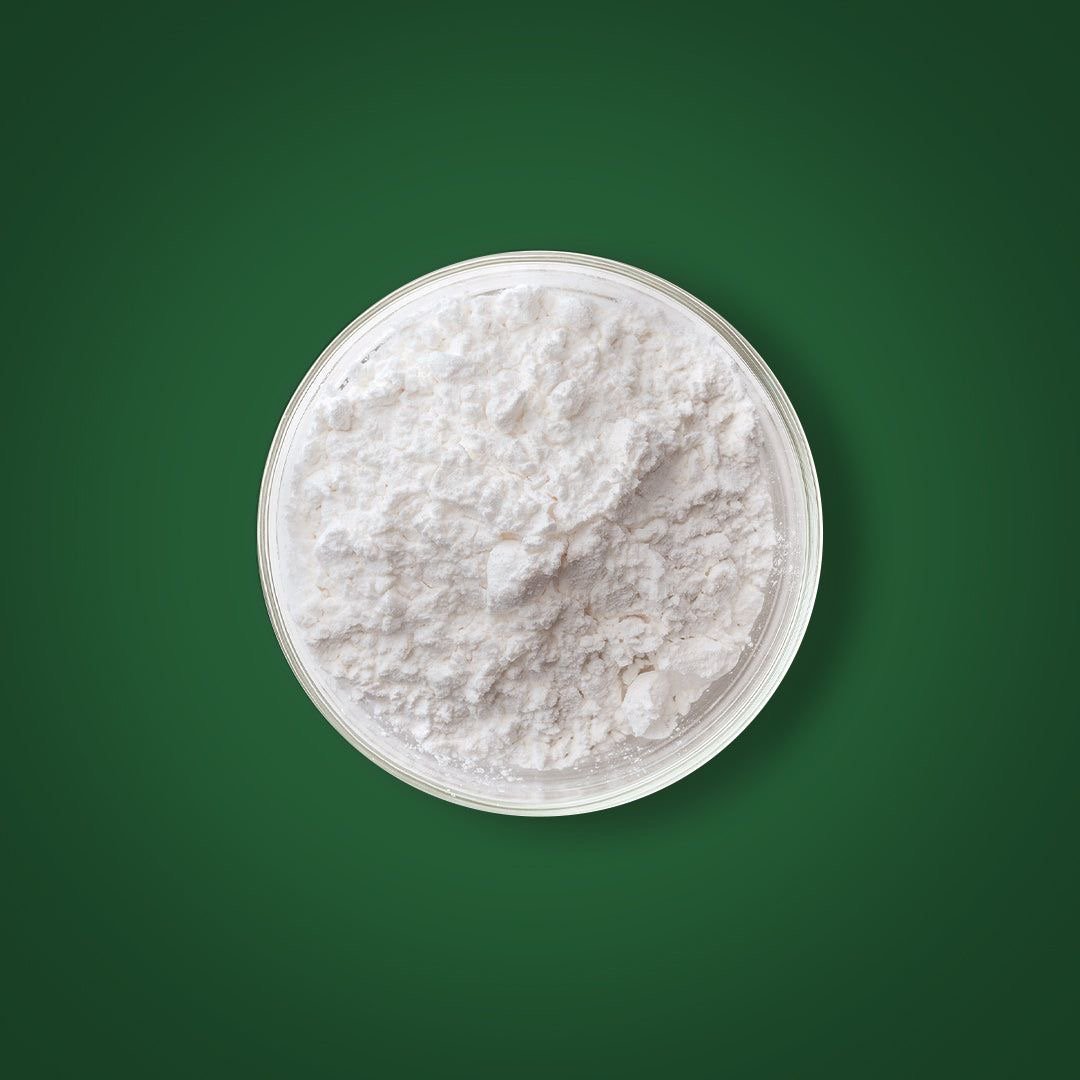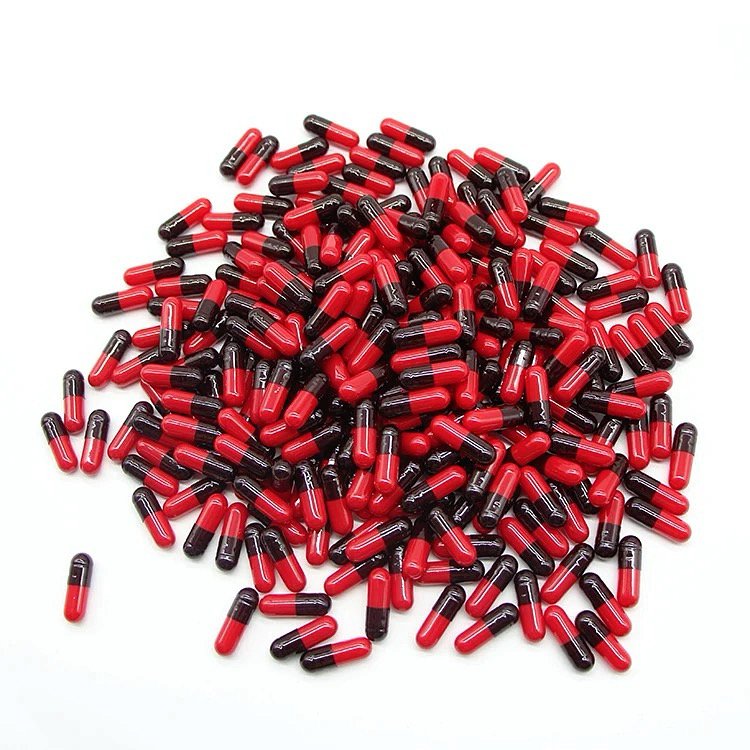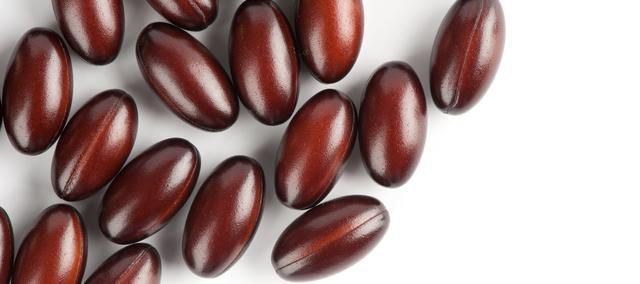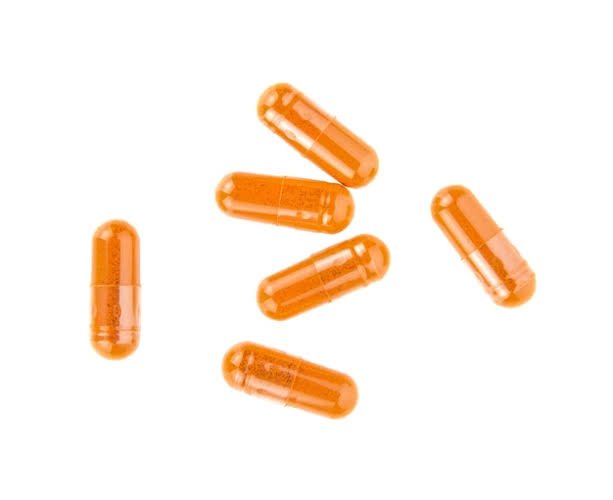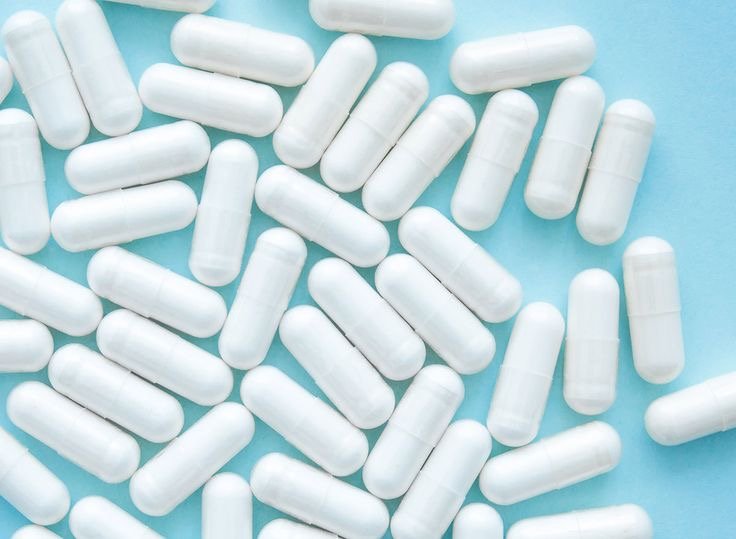
Titanium dioxide, often abbreviated as TiO2, used to be a go-to ingredient in empty capsules. It was a staple in the manufacturing processes for both medicines and health supplements. But now, there’s a lot of talk about its safety.
Why TiO2-Free?
In 2017, a pivotal study from France raised the first red flags about titanium dioxide (TiO2). Consequently, questions regarding its safety began to surface, suggesting that TiO2 might carry risks previously overlooked.
Subsequent findings from the study were indeed troubling. They proposed that the minuscule size of TiO2 particles could allow them to penetrate the body’s defenses. If they entered the bloodstream, they might cause inflammation. Moreover, some scientists raised even more concerning possibilities, linking TiO2 to an increased cancer risk.
Therefore, a critical conversation emerged within the scientific community. The central concern was whether this widely used substance could be detrimental, even in trace amounts. There was a growing suspicion that this ubiquitous ingredient in consumer products could pose unseen threats.
In light of these concerns, investigative efforts intensified. Researchers set out to understand the behavior of TiO2 inside the body more comprehensively. The goal was to ascertain whether these nanoparticles could indeed infiltrate vital organs. Research efforts continue, but the revelations thus far have significantly shifted perceptions regarding the safety of TiO2, prompting a reevaluation of its usage in various products.
TiO2 What’s Changed?
Following the review of the concerning study, the European Food Safety Authority (EFSA) took immediate and clear action. They warned that TiO2 might pose risks in our diets, paving the way for decisive legislation. By August 2022, the European Union had taken a firm stand, banning TiO2 from all food products. Their stance was unequivocal: the well-being of the public was paramount. Furthermore, this commitment to health is set to extend to the pharmaceutical sector, with a similar prohibition anticipated after a transition period of three years.
This ruling sent waves of change far beyond Europe’s borders. Yet, the global consensus was not aligned. Looking to the United States, the perspective offered a stark contrast. The U.S. Food and Drug Administration (FDA), with public health as its guiding principle, disagreed, citing that TiO2 did not present a notable danger. As a result, TiO2 remains in use across the U.S., with market trends and consumer preferences driving company policies more than regulatory requirements.
This split in regulatory attitudes reflects the intricate and sometimes disputed realm of food safety and consumer health norms. It underscores the challenging act of balancing empirical scientific data, the imperative of safeguarding public health, and the realities of economic impact. Consequently, international companies are tasked with a complex navigation of these diverse regulatory landscapes, tailoring their products to align with the distinct legal and consumer expectations across different regions.
The Bigger Picture
The titanium dioxide (TiO2) ban significantly shakes up the oral medication industry, not just the capsule sector. Coated tablets, which traditionally relied on TiO2 for a glossy finish, now face a challenge.
With this regulation in place, pharmaceutical companies must do more than adjust formulas; they need to revamp their manufacturing processes from the ground up.
Innovation is no longer optional. Manufacturers must actively explore and test alternatives to TiO2, ensuring these new options are safe and maintain the medicine’s effectiveness.
The ban’s effects ripple through the entire supply chain. Material suppliers, engineers, and quality controllers must all pivot to adapt to a TiO2-free production process, considering the scientific, health, and economic impacts.
This overhaul is profound, reaching deep into the industry. It’s not just about substituting an ingredient; it’s about preserving drug quality and public health—a complex but critical balance the industry is tackling head-on.
Finding Quality Alternatives
The bright side of this situation is that the market has already responded. There are top-notch TiO2-free capsules available now. These capsules are crafted to high standards, ensuring that they perform on par with their TiO2-containing counterparts.
Quality hasn’t taken a back seat, despite the removal of TiO2. These new capsules dissolve just as they should, delivering medications effectively. Their shelf life is not compromised either. They remain stable and effective over time, just like always.
Moreover, these alternatives have been through rigorous testing. They’ve proven their mettle, showing they can withstand the rigors of production and packaging processes. And when it comes to the machines that fill and seal these capsules, there’s no drop-off in efficiency. The transition to TiO2-free options can be seamless for manufacturers.
This advancement is a testament to the industry’s resilience and innovation. Scientists and product developers have been quick to adapt, formulating new blends that are both safe and effective. It’s an impressive display of agility in response to new health and safety standards.
Customers, too, can rest assured. They can trust that the products they rely on for their health and well-being are not only safe but also of the highest quality. The move away from TiO2 doesn’t mean a compromise — it represents progress.
The Challenge with Color and Protection
Titanium dioxide was once favored for shielding medications in capsules from light damage. Today, alternatives like calcium carbonate are stepping up, offering similar protection to ensure medication safety and effectiveness.
The absence of TiO2 doesn’t compromise the visual brand identity. The industry provides a spectrum of TiO2-free color options, allowing brands to maintain their distinctive design and customer recognition.
Moreover, customization is straightforward. Brands can effortlessly match their specific colors without TiO2, ensuring consistent branding across their products.
Moving beyond TiO2 not only meets regulatory standards but also sparks creativity in capsule design, enabling brands to stand out by prioritizing safer, natural ingredients. This is especially relevant in the health and wellness industry, where ingredient purity is paramount.
Offering TiO2-free capsules is becoming an essential selling point, aligning brands with consumer health trends and potentially boosting market share. This strategic choice enhances a brand’s commitment to health and the environment, appealing to informed consumers and boosting the brand’s visibility for those seeking trustworthy, high-quality nutraceuticals.
The Market Movement
Although opinions on the safety differ around the world, consumer preferences are increasingly converging on the desire for clean labels. The European Union’s ban on TiO2 has amplified focus on this ingredient, leading to a growing movement among consumers who favor products with transparent, ‘clean’ ingredient lists. Consequently, investors are also paying closer attention, scrutinizing the sustainability practices of companies they invest in.
This global shift is evident as shoppers are actively choosing products that promise transparency and healthfulness. The EU’s regulatory action has, in turn, raised awareness and prompted a broader conversation about what goes into products. This heightened awareness is not just a trend, but a fundamental change in consumer behavior, influencing how companies formulate their products and how they communicate their brand’s commitment to sustainability.
In response, businesses are reevaluating their offerings, ensuring that they not only meet regulatory standards but also align with the ethical and health-conscious values that customers are demanding. As a result, there’s a notable pivot towards formulations that are free from TiO2 and other contentious additives, reflecting a commitment to both individual well-being and environmental stewardship.
This shift towards cleaner labels is becoming an essential consideration for businesses, shaping product development, branding, and marketing strategies. It’s a crucial time for companies to engage with these changing consumer values, ensuring their products stand out in a marketplace that increasingly values clean, responsible choices.
Partnering with FOREFRONT Nutraceuticals
Even if you’re not selling in Europe, going for TiO2-free capsules might be smart. It matches what people want today and might help you stay ahead of any future rules.
FOREFRONT Nutraceuticals offers capsules that tick all the right boxes. They’re free from a bunch of things like TiO2, synthetic dyes, and more. They’re even suitable for vegans and meet religious dietary standards.
Get your TiO2-free capsules from us and be ready for what’s next.
